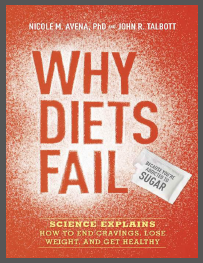That Paleo Study ...

Random bump because this is making the rounds again due to being published in the IJES this month: Unrestricted Paleolithic Diet is Associated with Unfavorable Changes to Blood Lipids in Healthy Subjects Original Publish Date: 5/14/2013 A student, Eric Trexler , at Ohio State did a study on the paleo "lifestyle" for what appears to be an undergraduate honors thesis towards his degree in Exercise Science. Here is the link to the full text: Paleolithic Diet is Associated With Unfavorable Changes to Blood Lipids in Healthy Subjects . So I thought I'd put up a quick blog with some thoughts, because a tweet is just a tweet and I've seen a few comments reading into my supposed motivations for tweeting this. So ... let's discuss a bit and include some criticisms I've seen elsewhere on the web. 1. It's not a peer reviewed article or a graduate thesis. This is true so it hasn't undergone rigorous scrutiny, that shouldn'...


